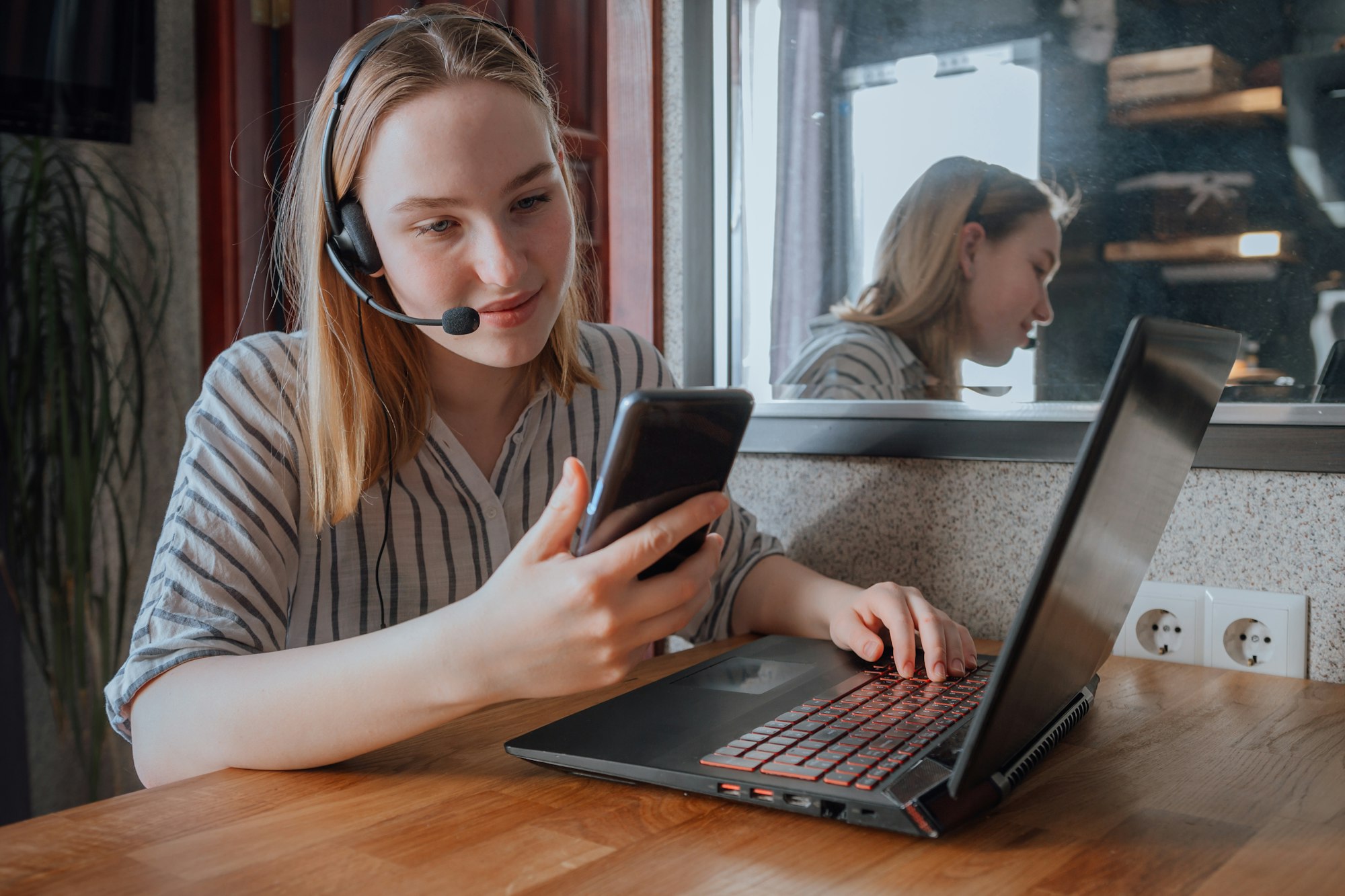What’s New with Apple?
Apple has decided to let other app stores offer apps for iPhones, which is a big deal because, until now, if you wanted an app for your iPhone, you had to get it from Apple’s own App Store. This change is happening because some rules in the EU (European Union) say Apple needs to stop being the only place to get iPhone apps, to give people more choices.

Why Some People Are Not Happy
Even though this sounds good at first, there’s a catch. Apple has set up some tough rules and fees for these new app stores, which has made some companies and app makers upset. Spotify, for example, called Apple out, saying it’s like Apple is asking for a lot of money just to let them be on the iPhone.
The Hurdles for New App Stores
A Guy Named Colton Adamski’s Story
Colton Adamski wants to start a new app store in the EU but says Apple’s making it really hard. He feels like Apple is still trying to control everything, even with these new rules, by asking for things like keeping €1 million ready all the time, which is a lot of money.
What Apple Wants from Them
Apple’s asking for this money and other stuff, like a fee just for using their technology, which makes it hard for new app stores to start up. They say it’s to keep things reliable and safe, but it also means not everyone can afford to create their own app store for iPhones.
The Sketchy Side of App Stores
The article also talks about some unofficial app stores that have popped up because Apple’s rules are so tight. But these can be risky because they might not be safe, showing the tough choice between having lots of options and keeping our phones secure.
Apple’s Side of the Story and What Developers Think
Keeping Things Safe
Apple says the money they ask for, like the 30% cut they take on sales, is needed to keep the App Store safe and trustworthy. They point out that Android phones let you install apps from anywhere, but that can lead to security problems.
What’s Next for iPhone Apps
Even with these challenges, people like Colton Adamski are still trying to make new app stores for iPhones. If they succeed, iPhone users could have more choices for where they get their apps, and app makers might have more freedom.
So, Apple’s letting other app stores onto the iPhone, but it’s not all smooth sailing. There’s debate over fees, safety, and how open the iPhone should be to other app stores. It’s a big change and everyone’s watching to see what happens next.

FAQs: Understanding Apple’s New App Store Rules
1. Why did Apple decide to allow third-party app stores on iPhones?
Apple’s decision comes in response to new regulations from the European Union designed to break up Apple’s sole control over app distribution on iPhones. These regulations aim to promote competition and give consumers more choices.
2. What are the main criticisms of Apple’s new app store policy?
Critics, including companies like Spotify, argue that Apple’s new rules are too strict and the fees too high, essentially limiting the potential for true competition. They accuse Apple of maintaining a tight grip on app distribution, despite the appearance of openness.
3. What challenges do new app stores face under Apple’s regulations?
New app stores must navigate several hurdles, such as maintaining a minimum of €1 million in reserves and paying a Core Technology Fee to Apple. These requirements pose significant financial challenges, potentially limiting who can operate an alternative app marketplace.
4. How do unofficial app stores fit into this picture?
Unofficial app stores have emerged as a response to Apple’s restrictive policies, offering an alternative for app distribution. However, they often come with increased security risks, highlighting the trade-off between open ecosystems and user safety.
5. What does the future look like for iPhone app distribution?
The landscape of iPhone app distribution is poised for change, with developers like Colton Adamski working to launch alternative app stores. Success in these ventures could lead to a more diverse marketplace, offering consumers more choices and developers more freedom, though Apple’s stringent rules and security concerns remain significant factors.
Sources BBC


